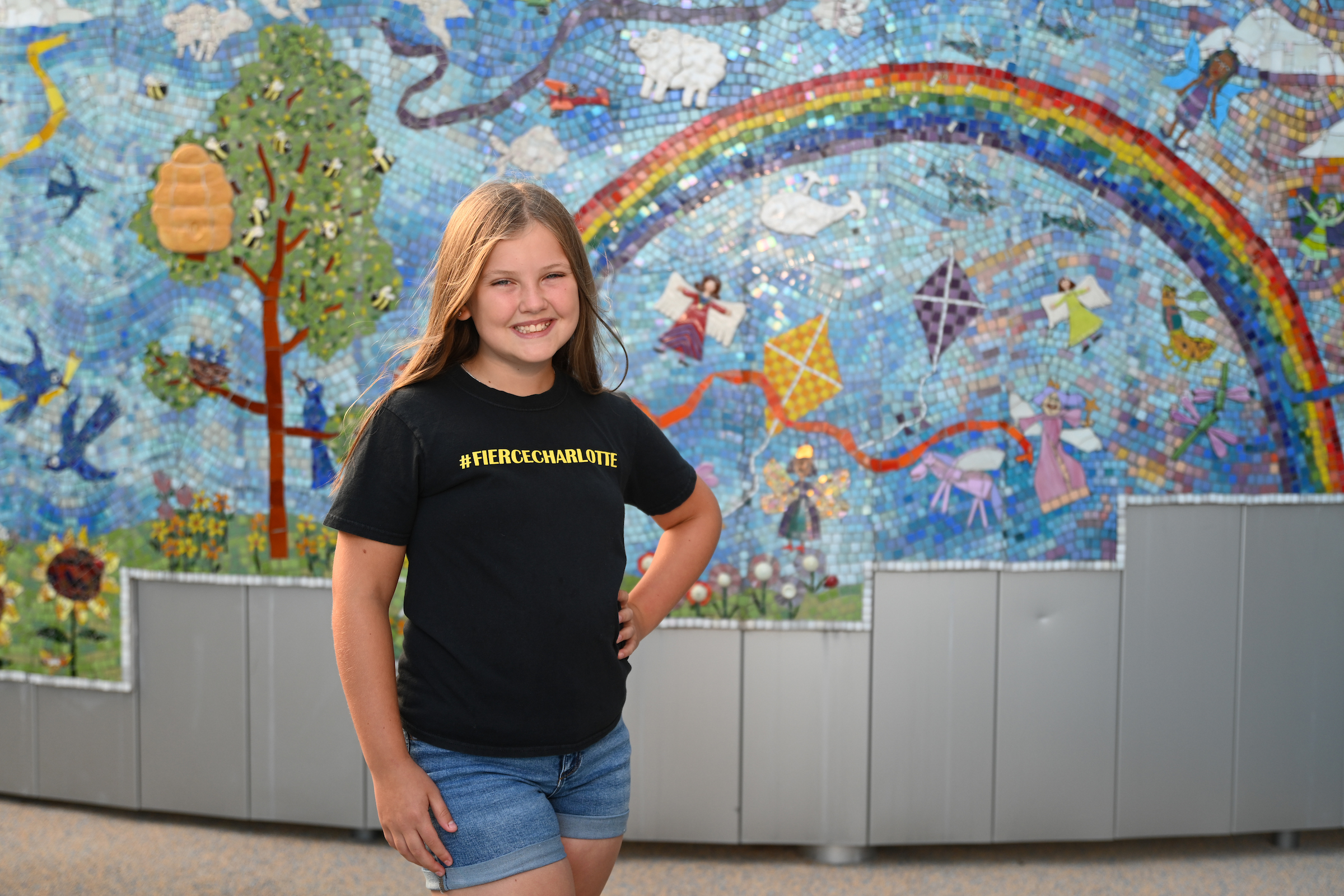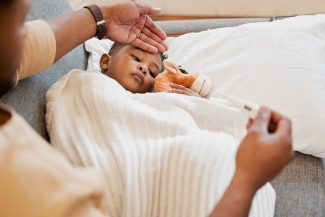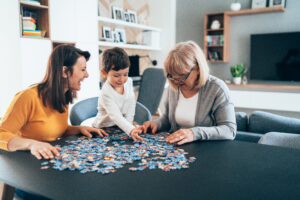the hub
From patient miracles to the latest news and events, the hub is your go to spot for what is new with Dayton Children’s.

in the spotlight
Explore featured stories highlighting the people, care and moments that make an impact.

Community celebrates opening of Vermillion Place, a first-of-its-kind housing community for kinship care families
read more
Patient Stories: Charlotte Caraway
read more
when to be concerned about the flu
read morefilter by category
here when you need us
Whether you’re looking for the right provider, ready to make an appointment, or need care right now—we’re here to help you take the next step with confidence.












